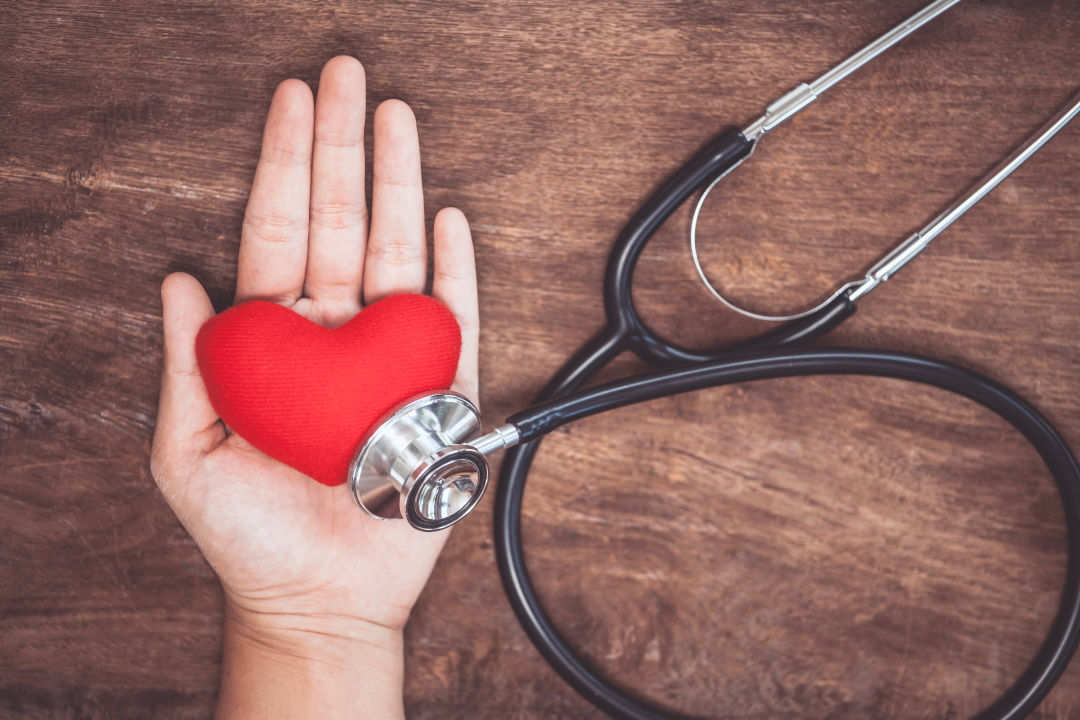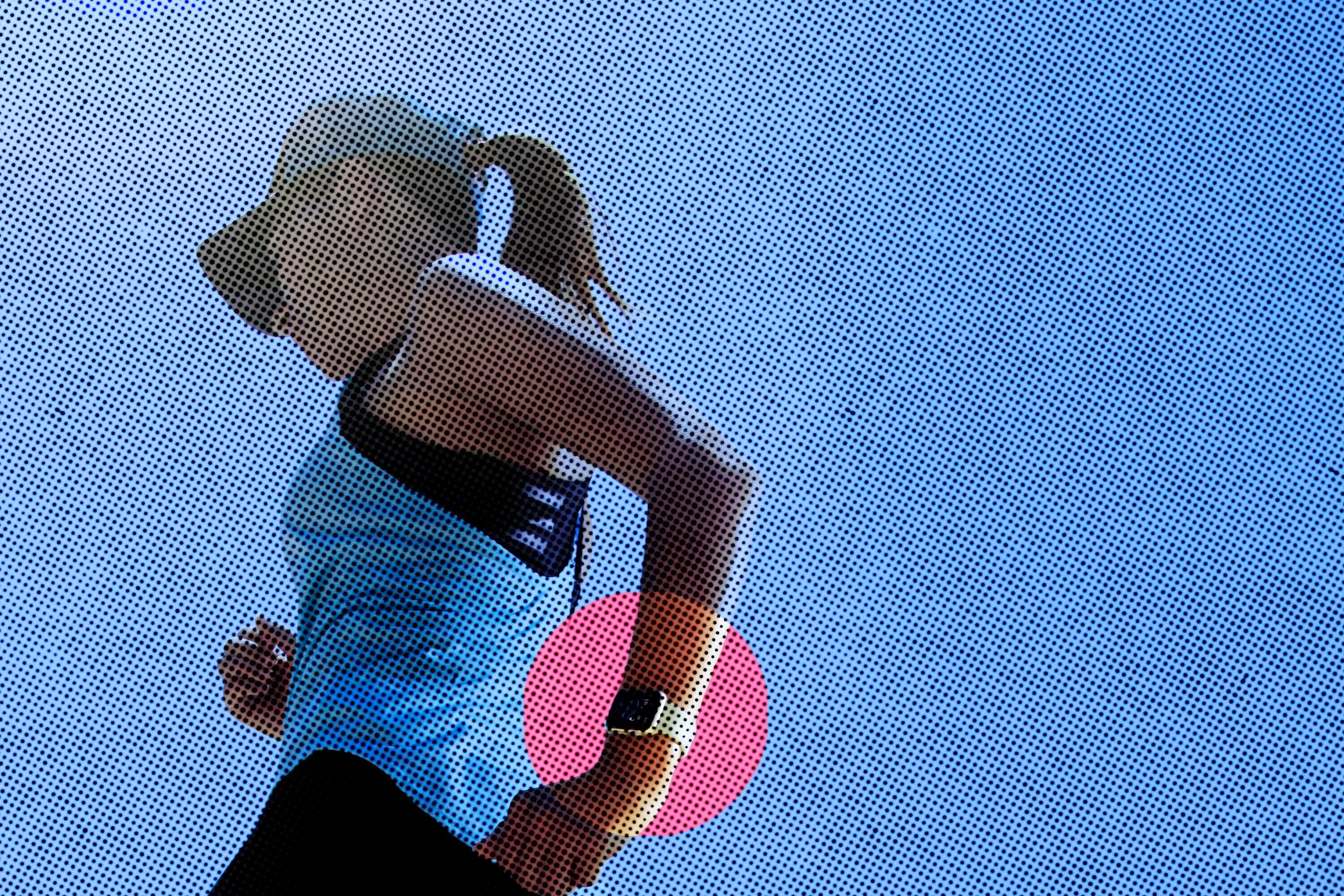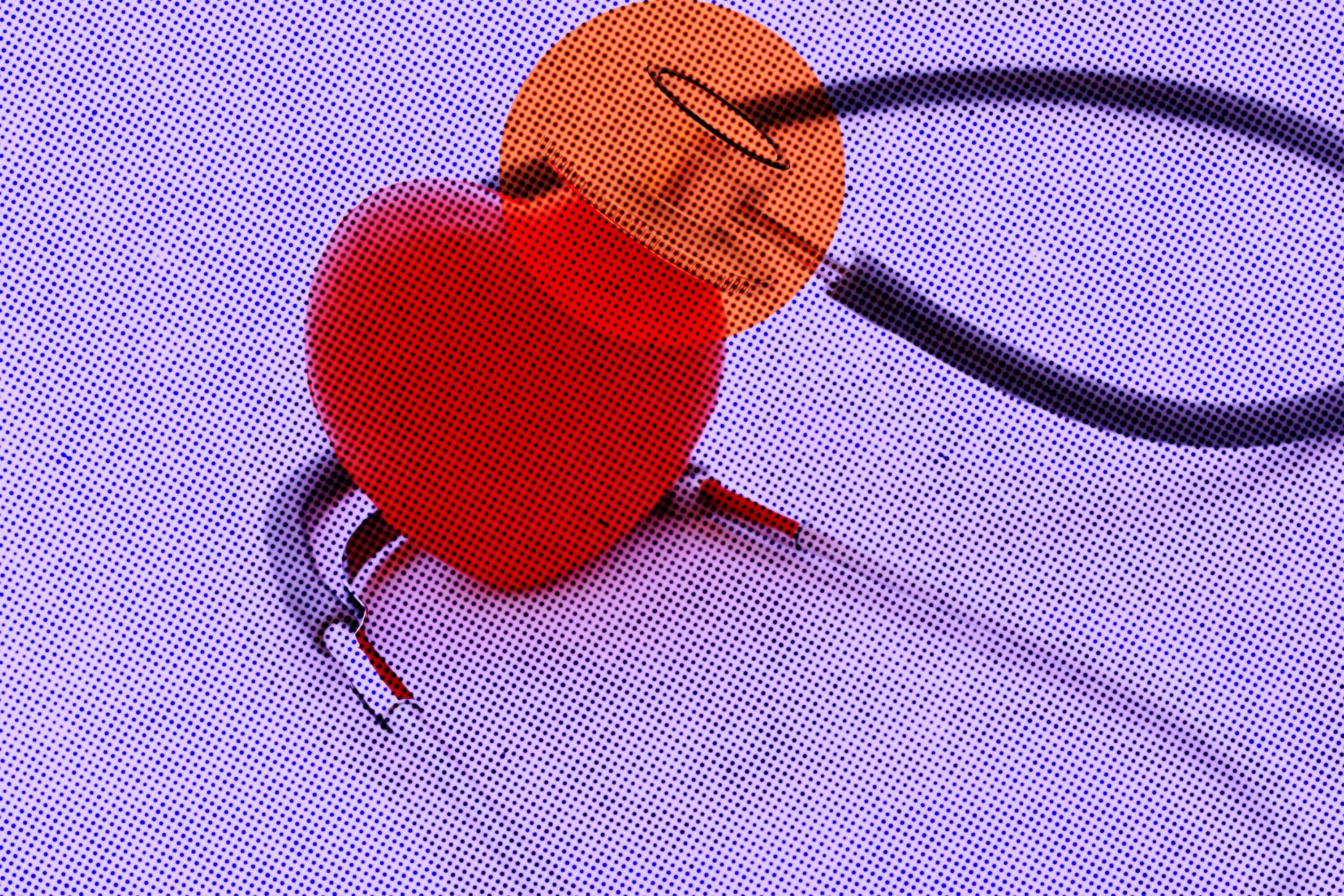Should You Get a Coronary Calcium Scan?

Image: Shutterstock
When seemingly healthy, active people die suddenly from a heart attack, it’s natural to question your own coronary health and seek out ways to predict—and hopefully prevent—a similar tragedy.
Coronary calcium scans have gained popularity in the last decade as a way of detecting calcium buildup in the blood vessels of the heart—an early indicator of potential arteriosclerosis, or heart disease, that can be present even in asymptomatic patients.
But when some heart attacks seem to occur out of nowhere, does that mean everyone should get scanned ASAP? What if you’re already at a high risk for heart disease?
The coronary calcium test is best indicated only for a select portion of the population, says Sarasota cardiologist Dr. Hakim Morsli. Namely, people who are in the “gray zone” between high risk and very low risk. For high-risk patients, especially those already exhibiting signs of heart disease, there are more useful procedures, like a treadmill stress test or an angiogram. For very low-risk patients—those with no symptoms and no risk factors—a coronary calcium scan, however safe, still comes with a few drawbacks, including cost, radiation exposure and the medically problematic Pandora’s box of discovering things that are probably harmless but now have to be investigated further.
Calcium scoring came about decades ago, when high-speed CT scans allowed visualization of the arteries of a beating heart. The technology itself is very accurate across-the-board—tests performed in Sarasota are going to produce virtually the same score as those done in New York—and that score is “pretty much objective,” says Morsli, unlike other medical tests that require some level of expert interpretation. In calcium scans, “The machine will calculate the score for you.
Still, it’s important to have a certified cardiologist guiding your heart health, telling you what you need to do with the score you’re given. A score of zero to 100 is considered mild, 100 to 400 is moderate and over 400 is advanced. A calcium scan is an opportunity to catch the buildup while it’s still mild. “Therein lies the opportunity to intervene,” says Morsli.
The radiation involved is only the equivalent of “several chest X-rays,” says Morsli. “But any time you expose a patient to radiation, you have to justify it.” The cost is usually around $100 out of pocket. And when the scan is performed, it doesn’t just visualize the heart; it scans the lungs, too. “Sometimes you’ll see nodules in the lungs,” says Morsli. They’re probably benign, but next thing you know, the patient is undergoing that many more tests to confirm it.
(They also don’t perform the test on the elderly, because after a certain age, you can assume there will be calcium in the arteries.)
Thus, doctors want specific justification for a scan. For example, an asymptomatic person with healthy blood pressure, weight and cholesterol, but who recently discovered an active relative who died of a sudden heart attack.
So, should you get a coronary calcium scan? The key is to communicate with your doctor. “Demand a thorough history,” says Morsli. Then take it from there.



